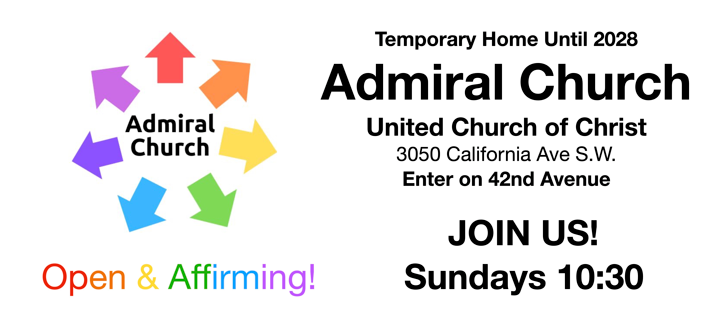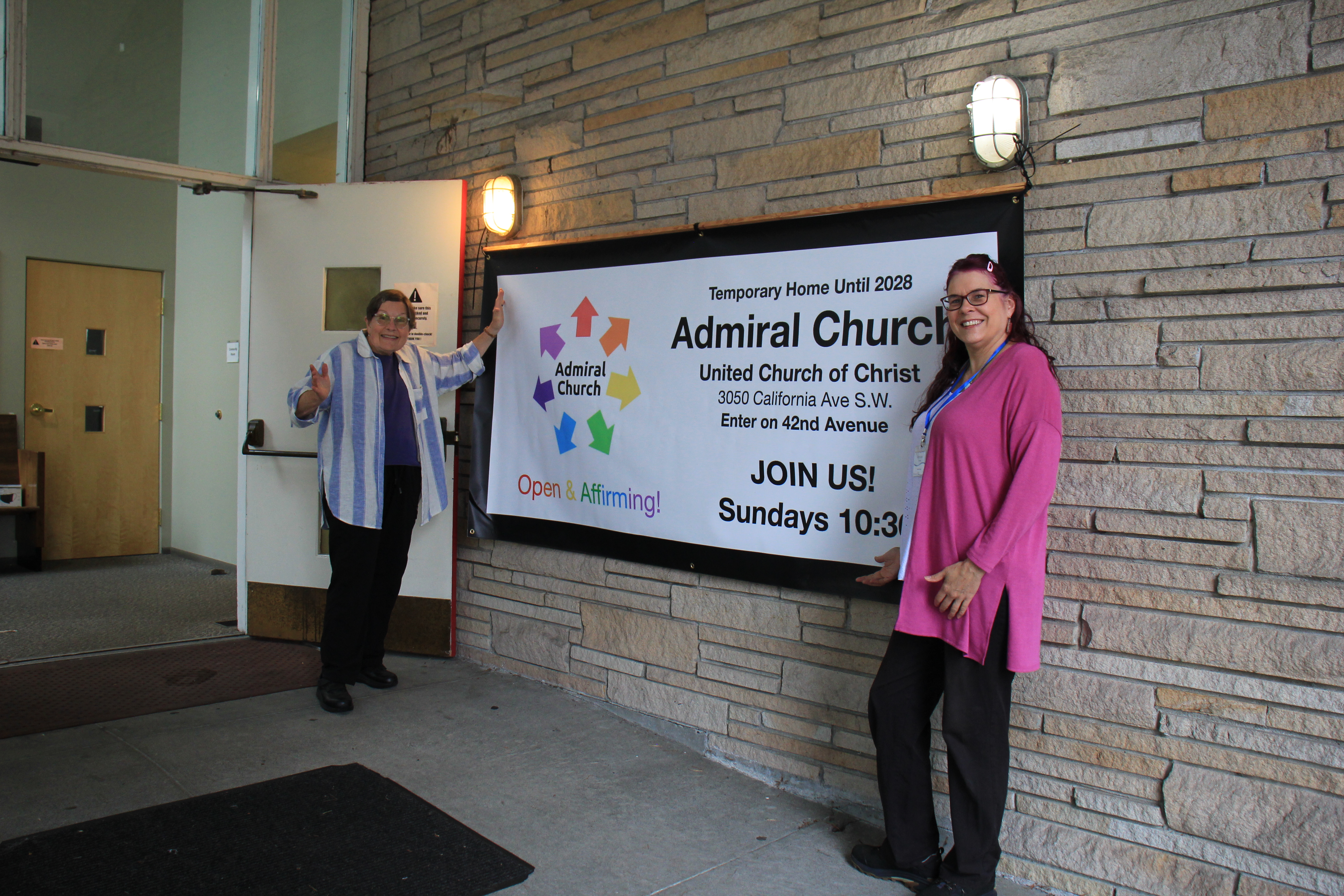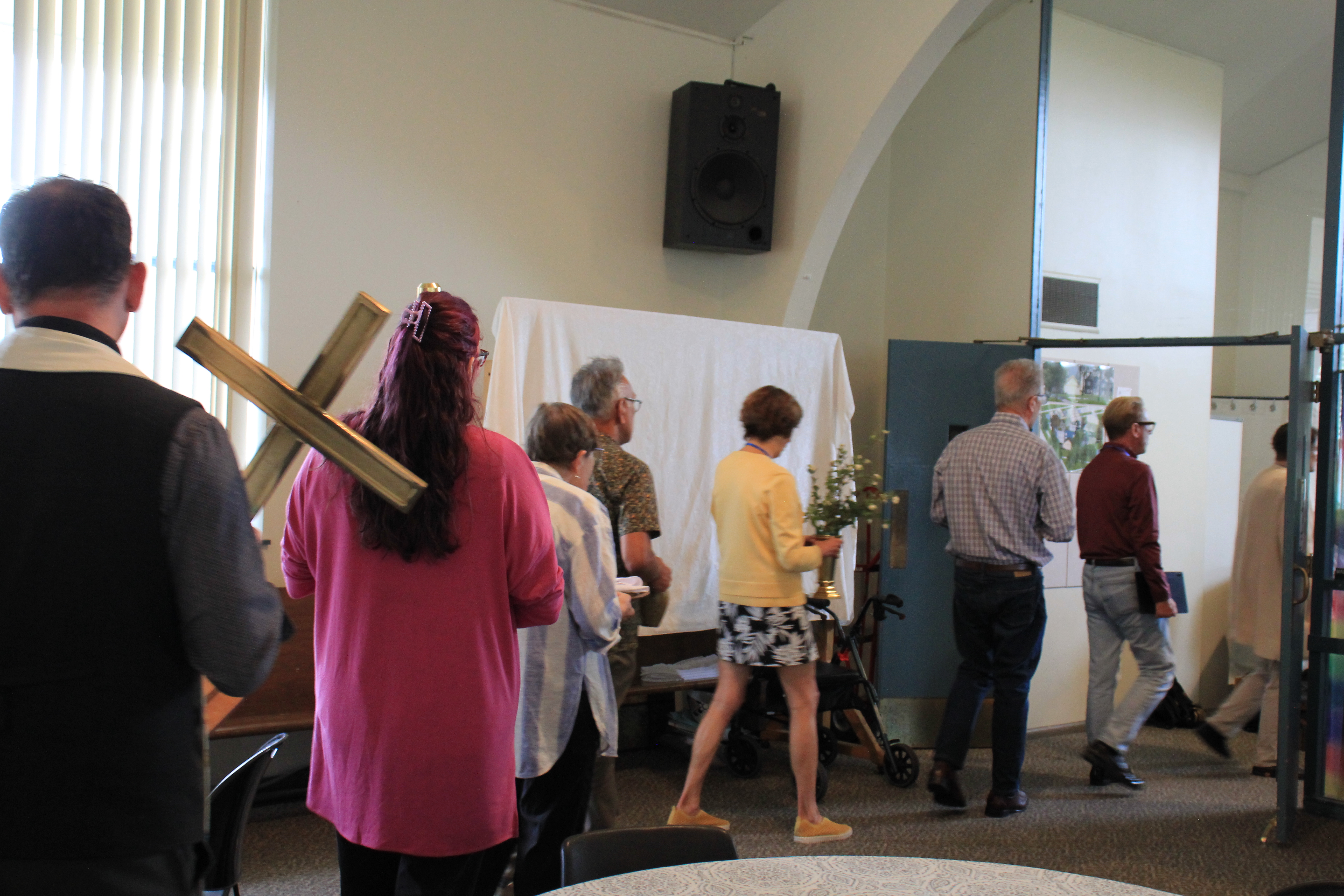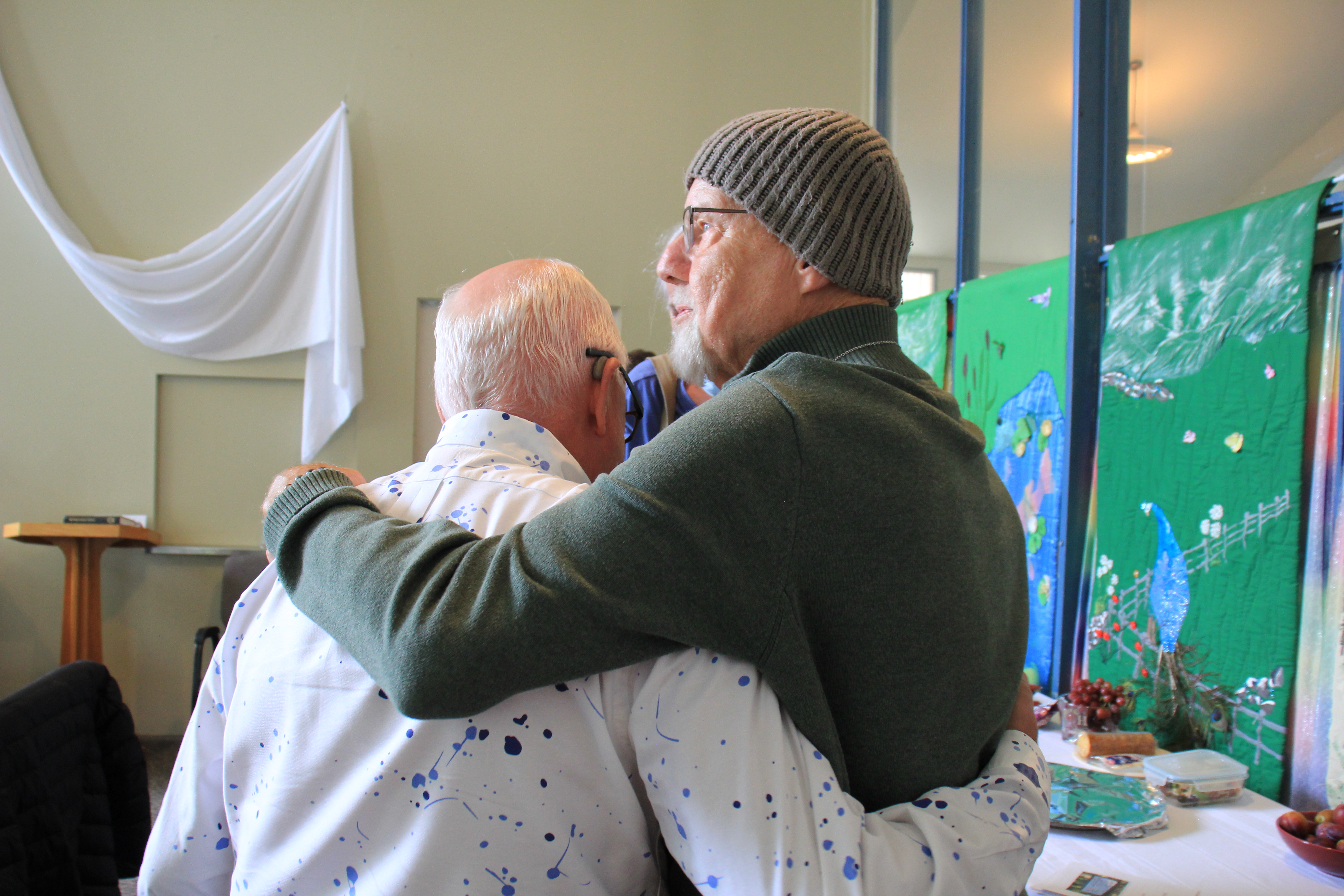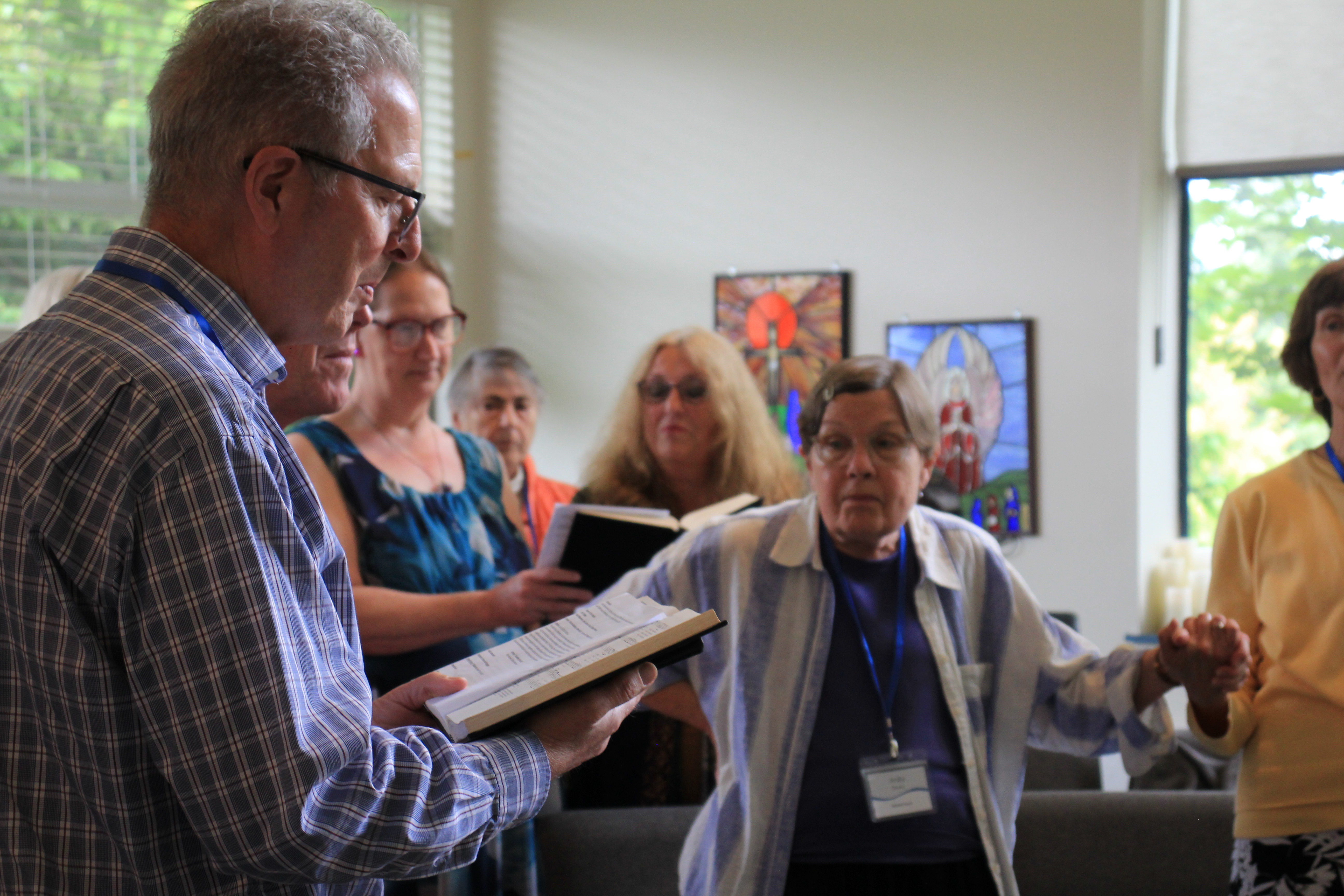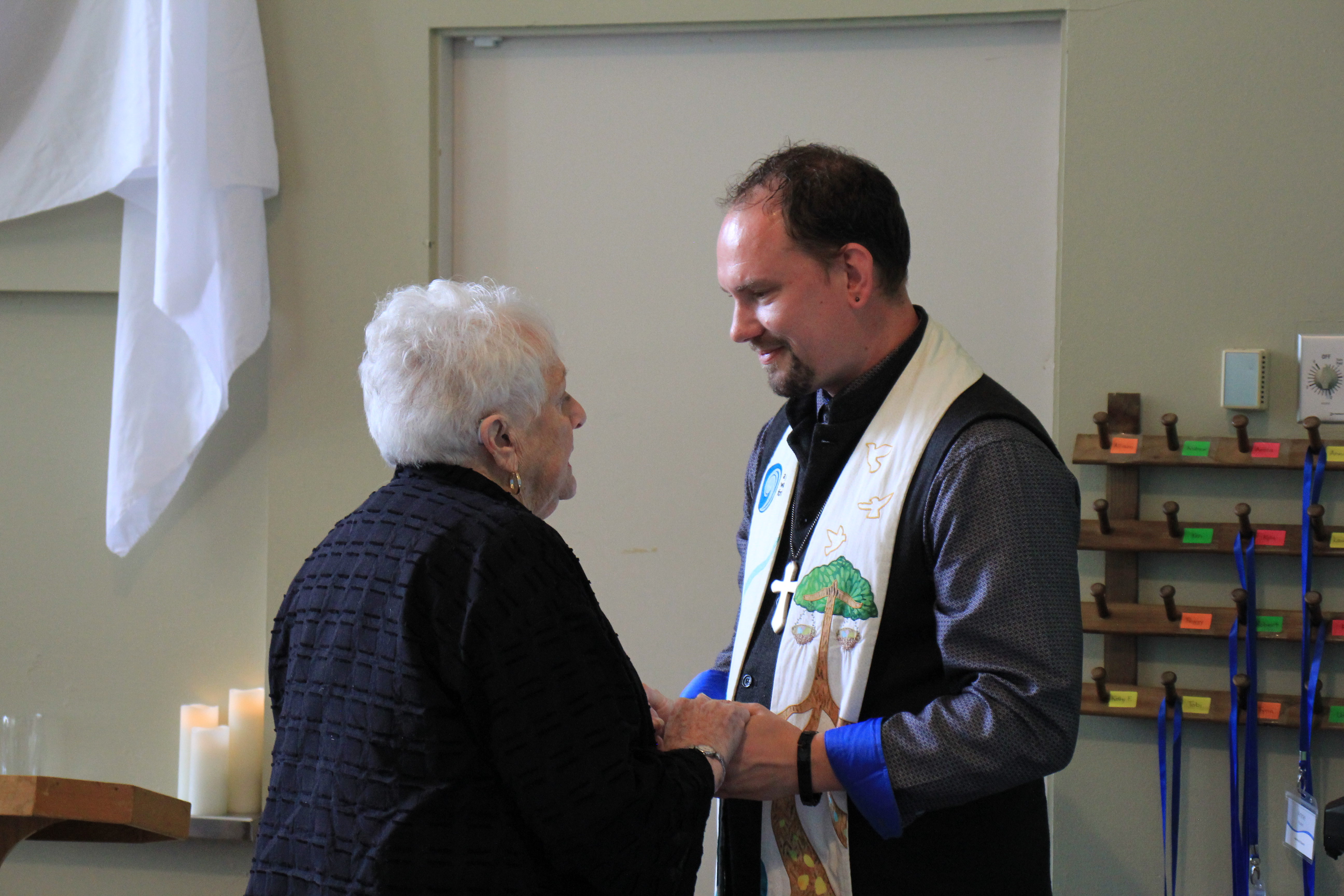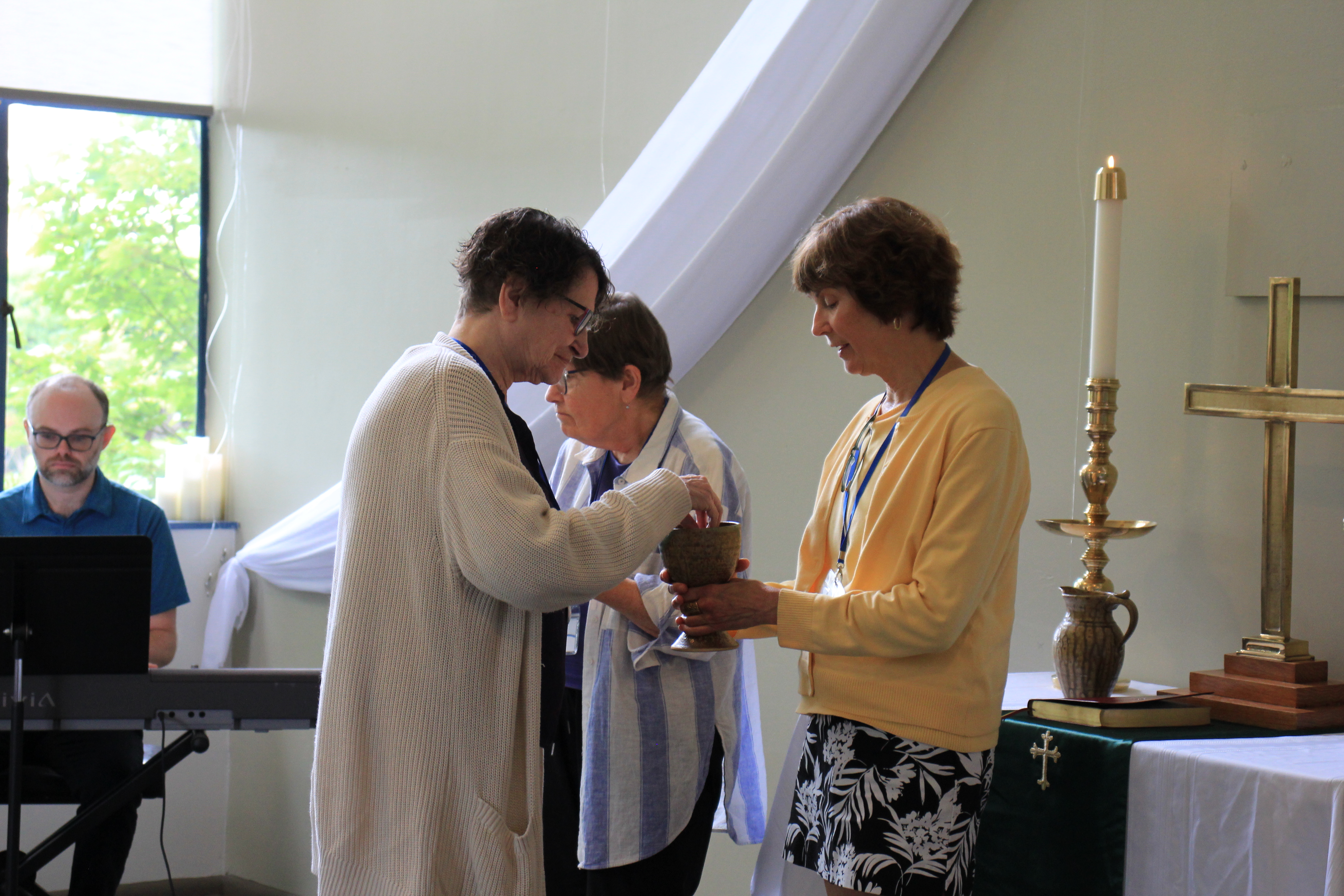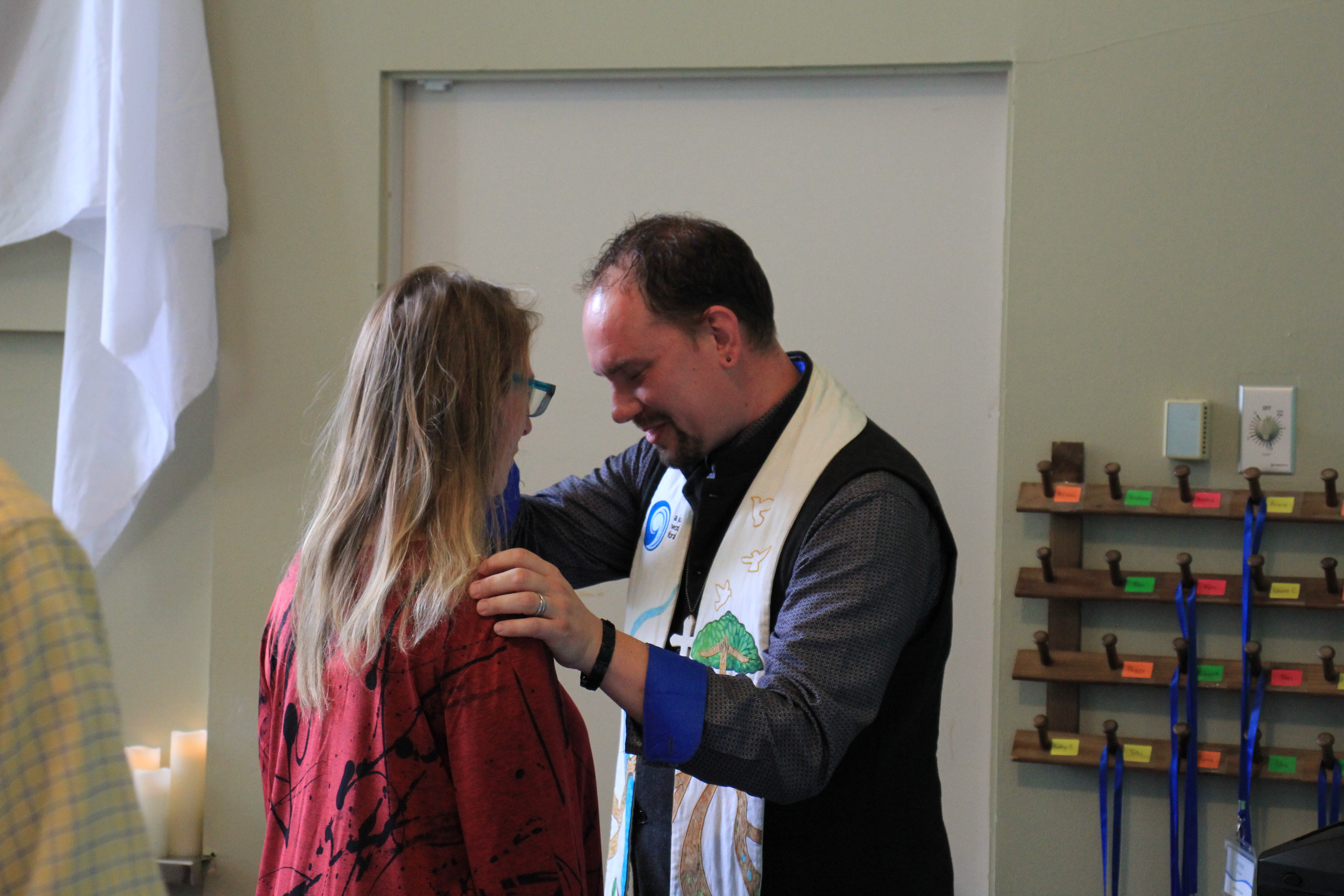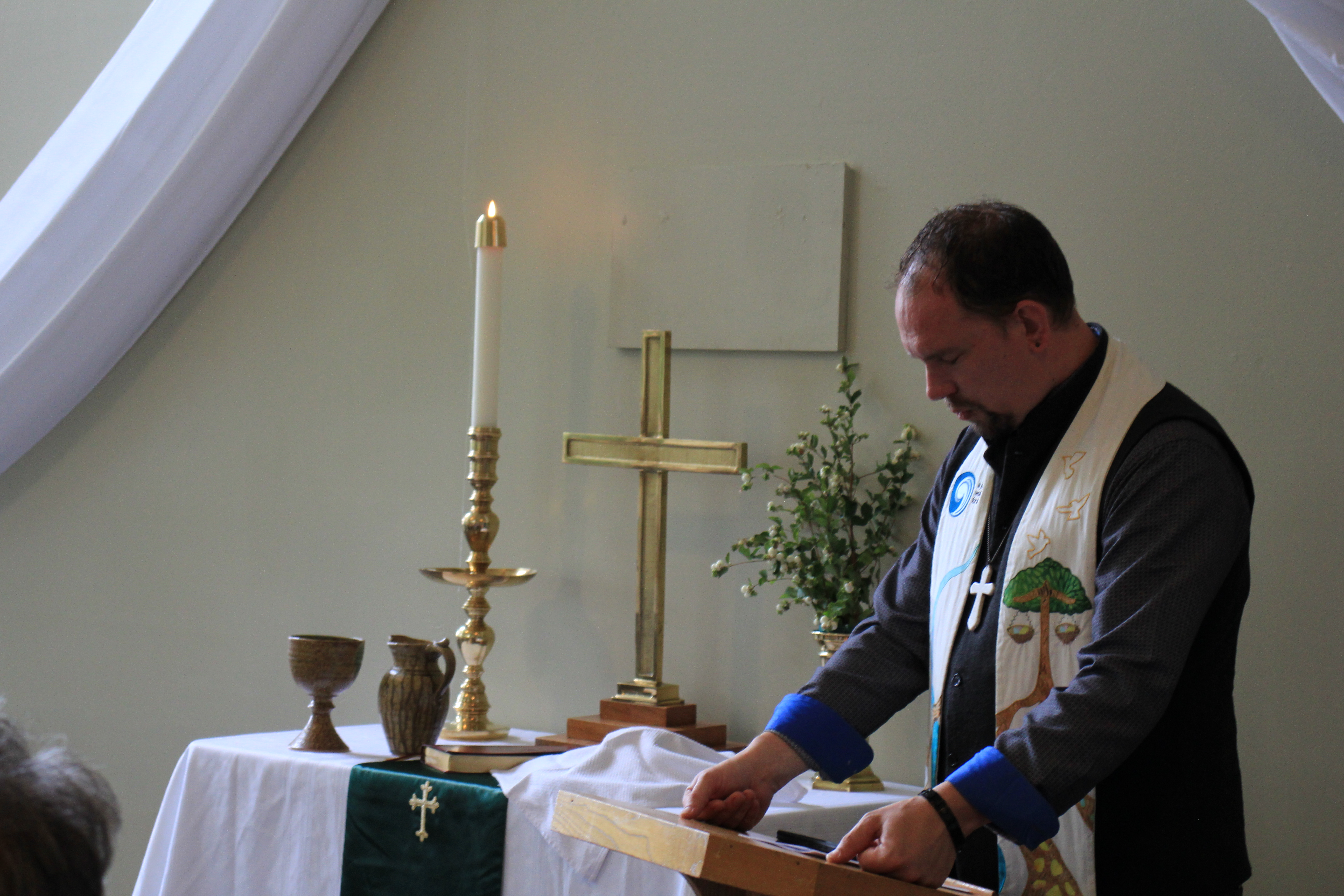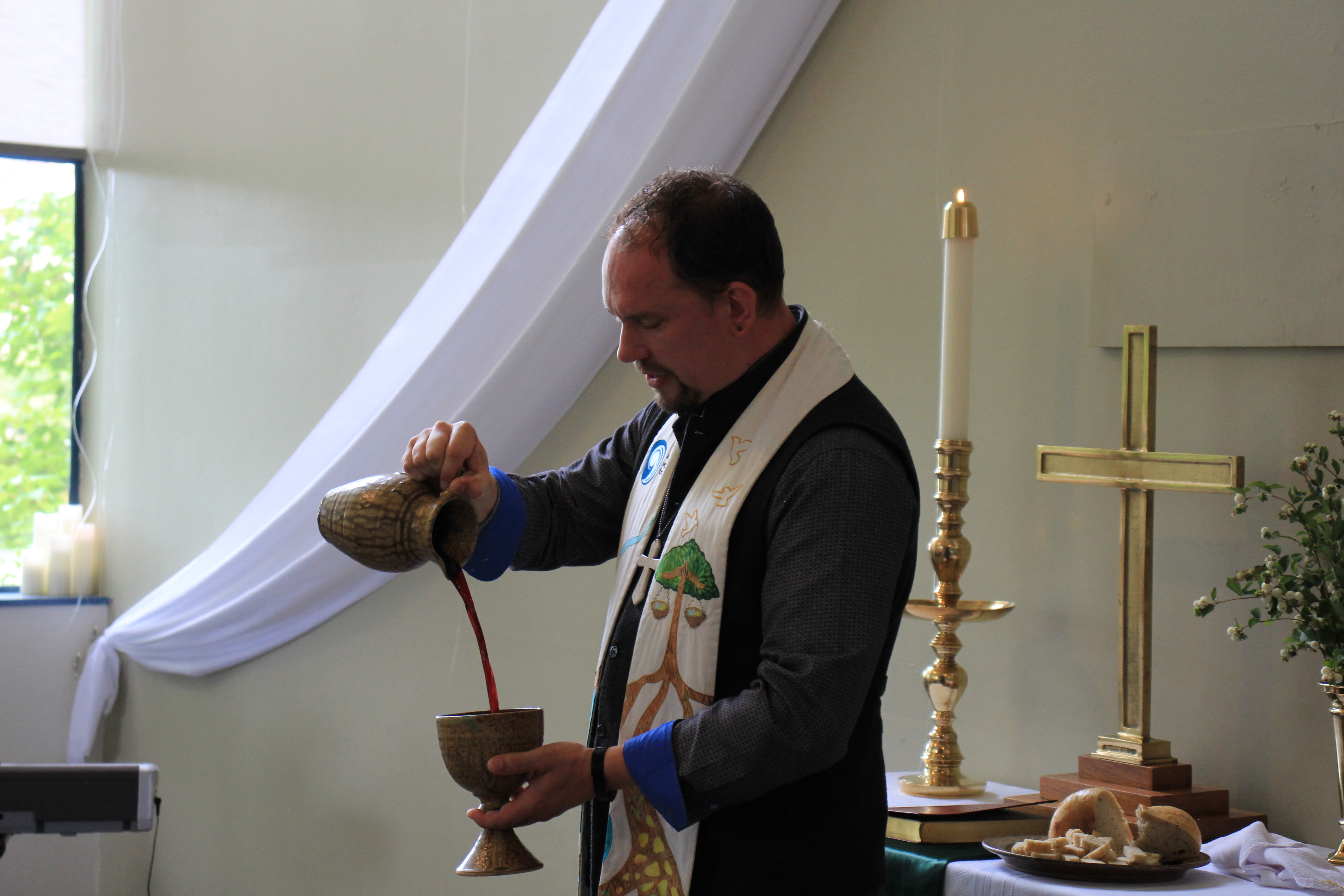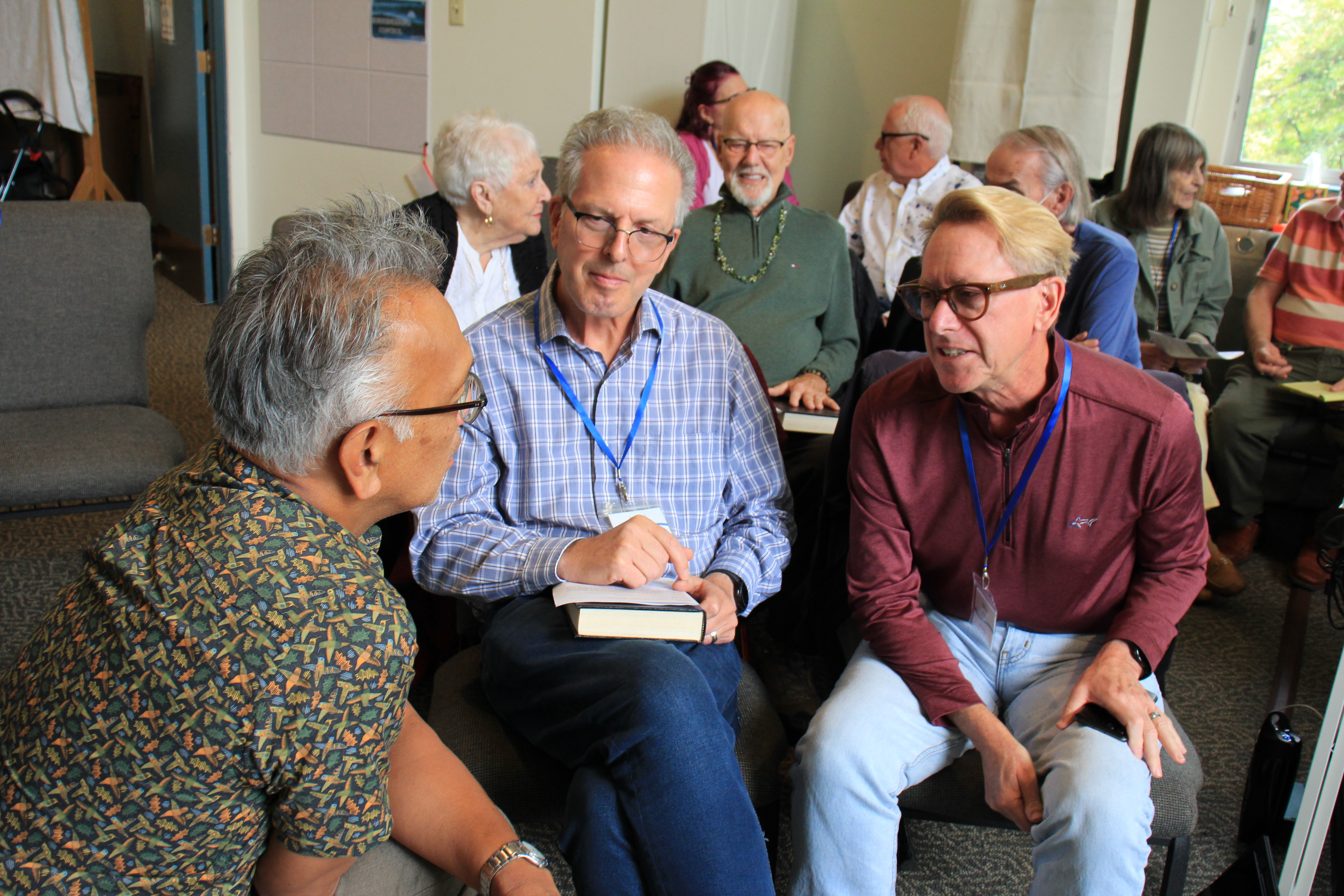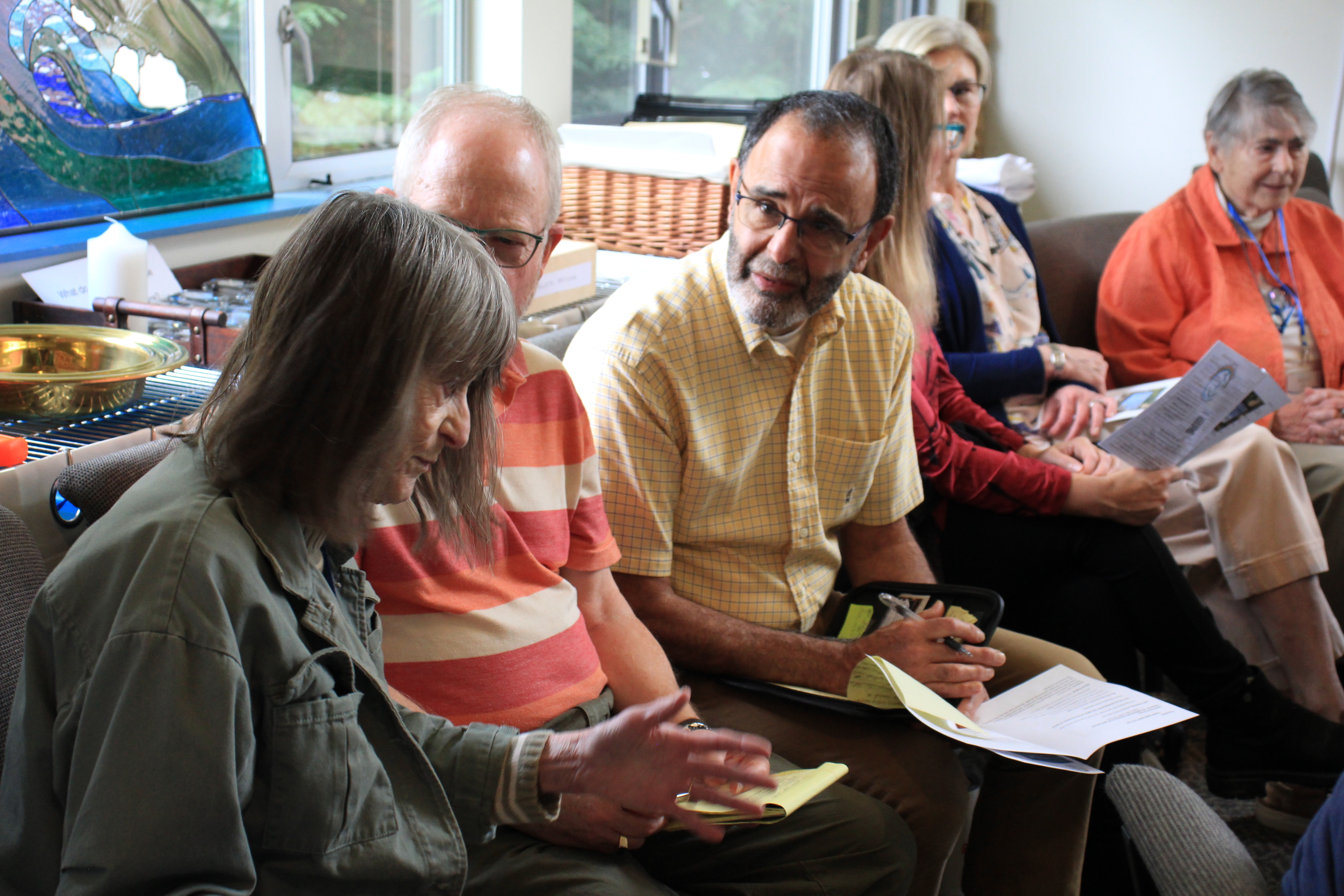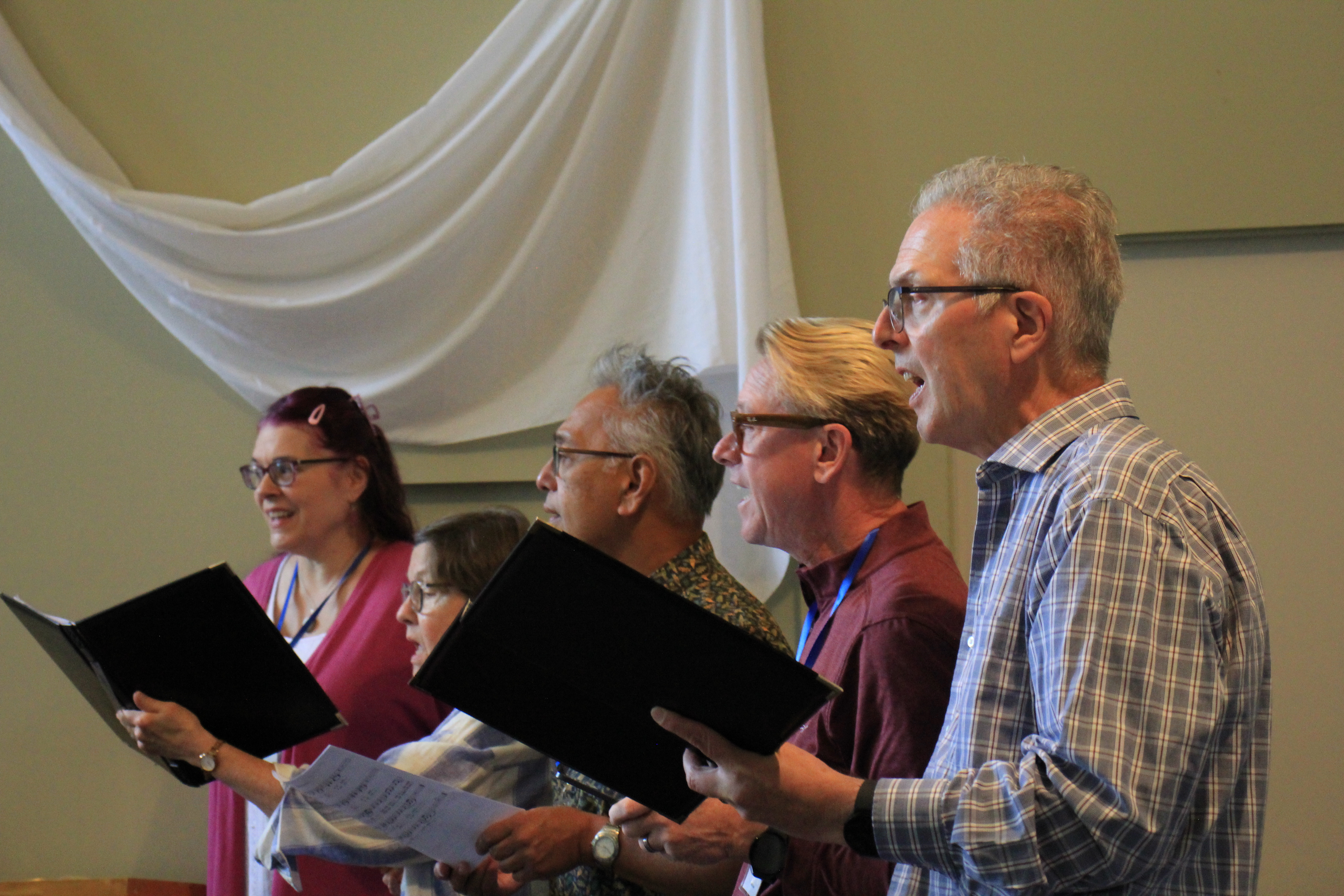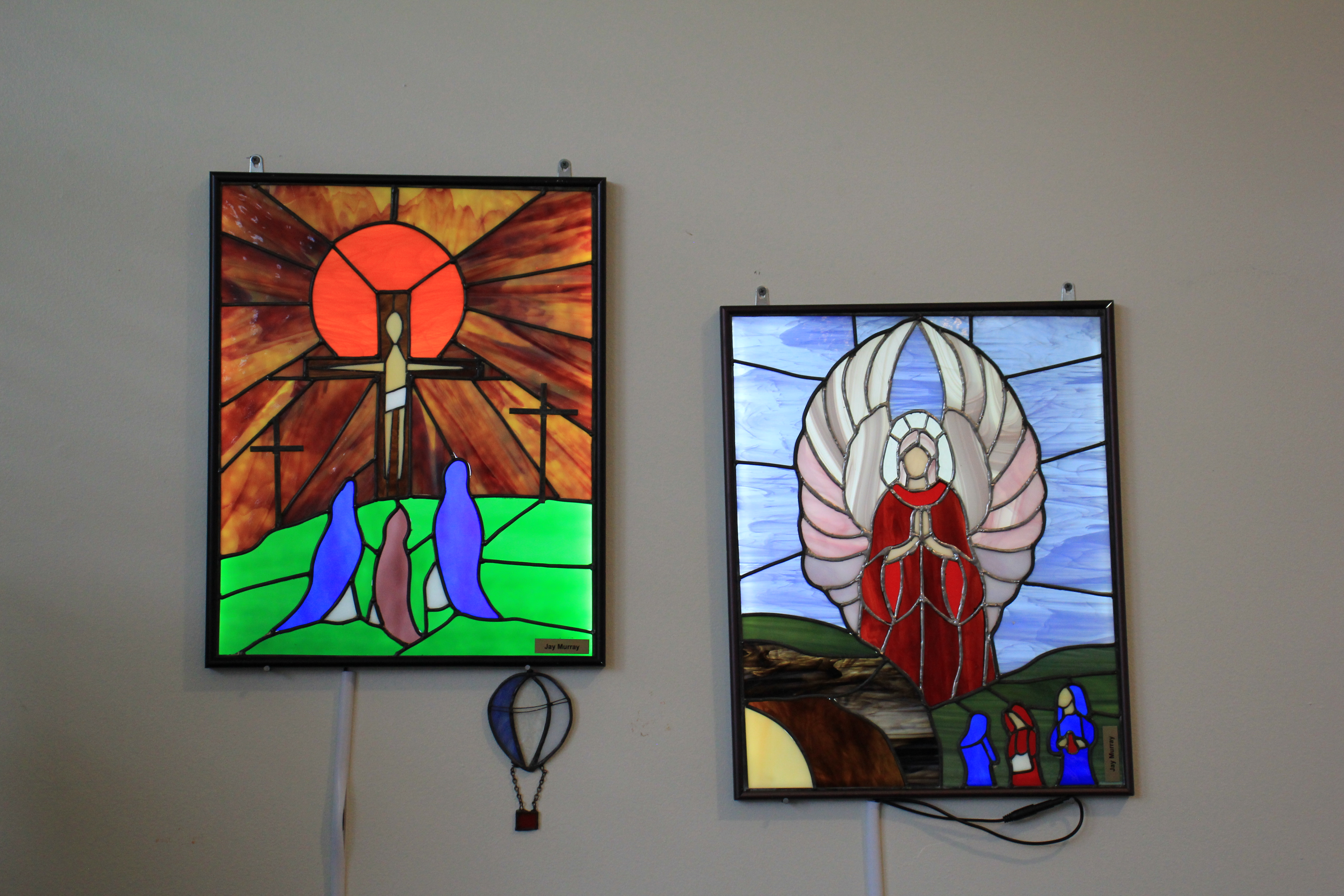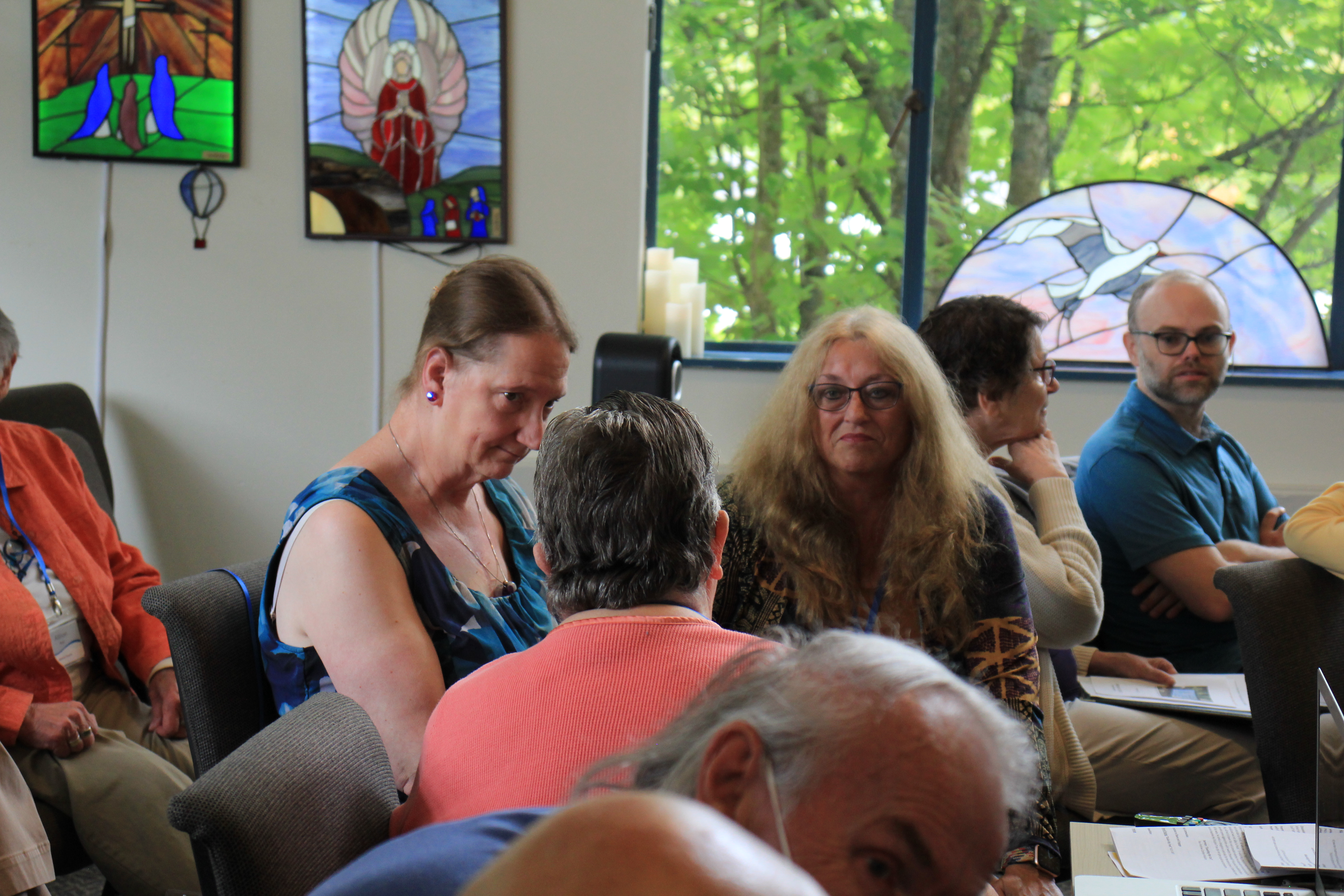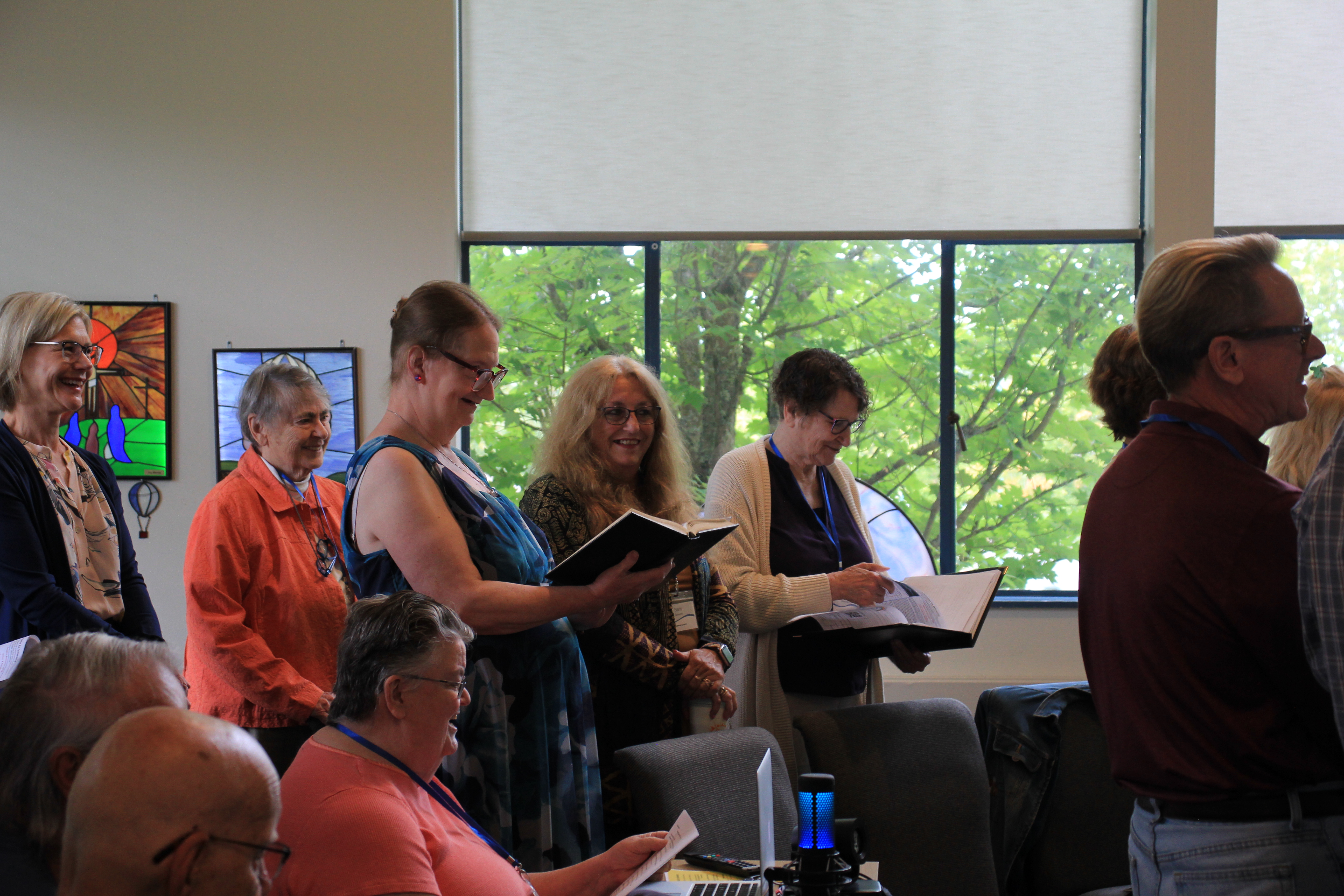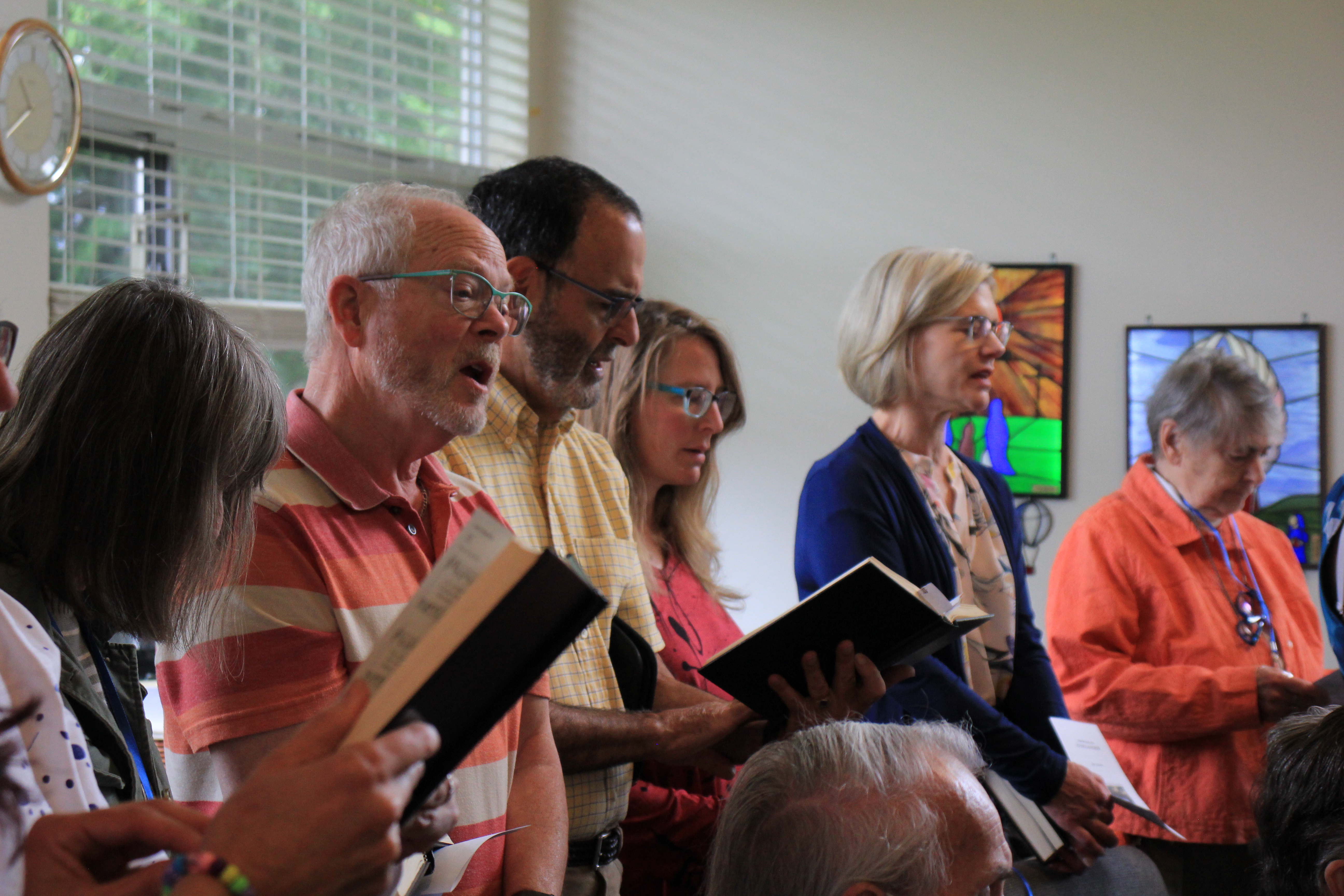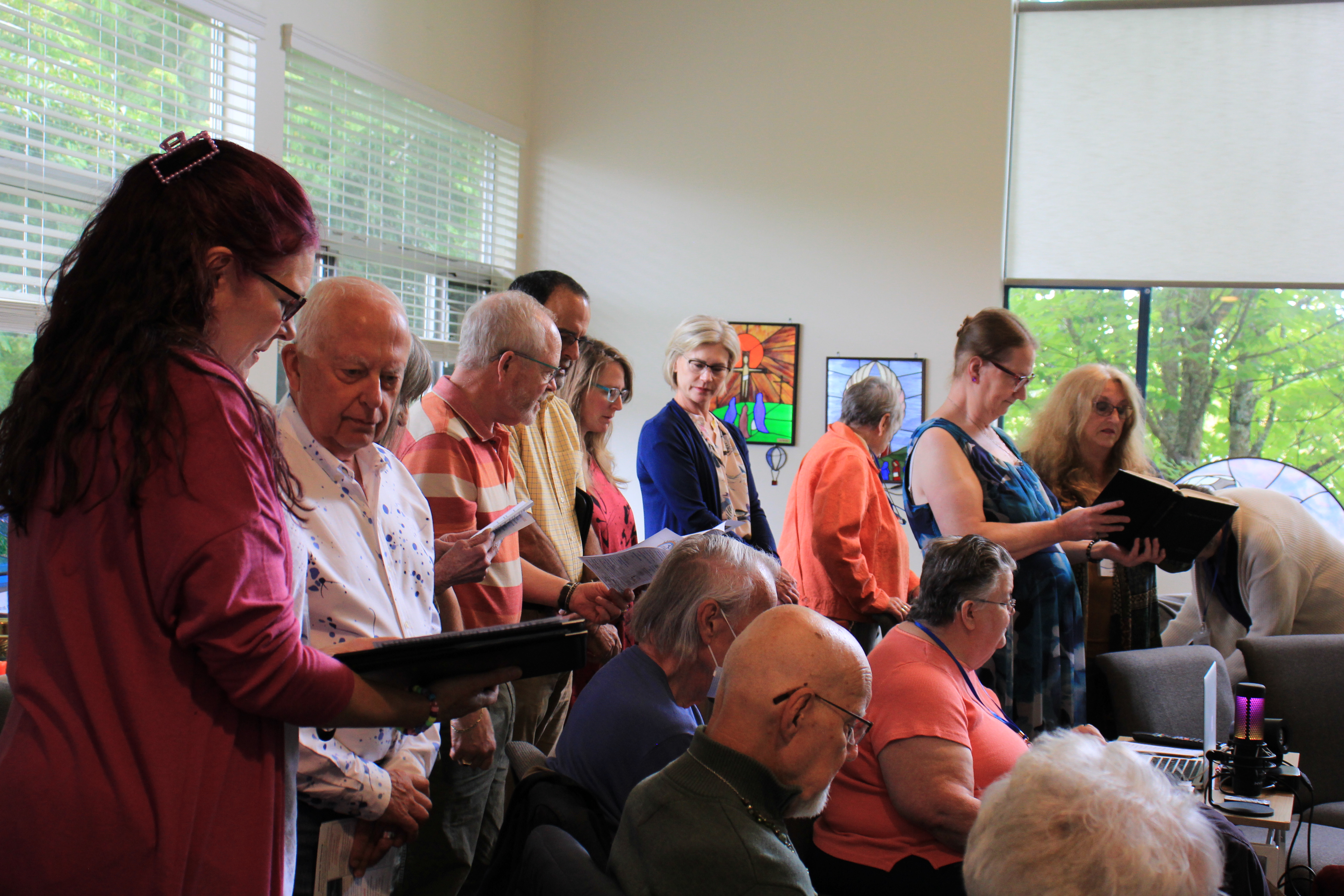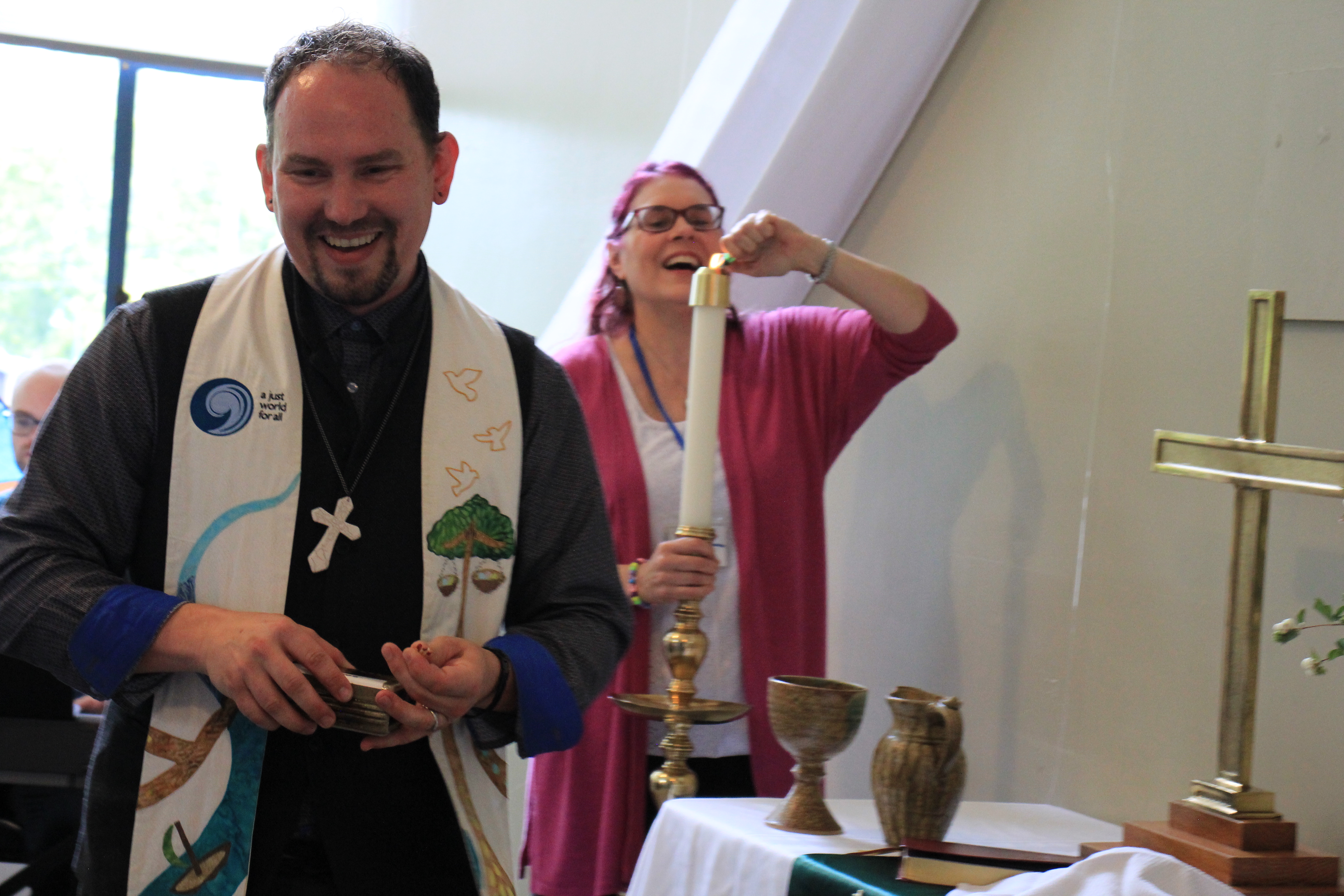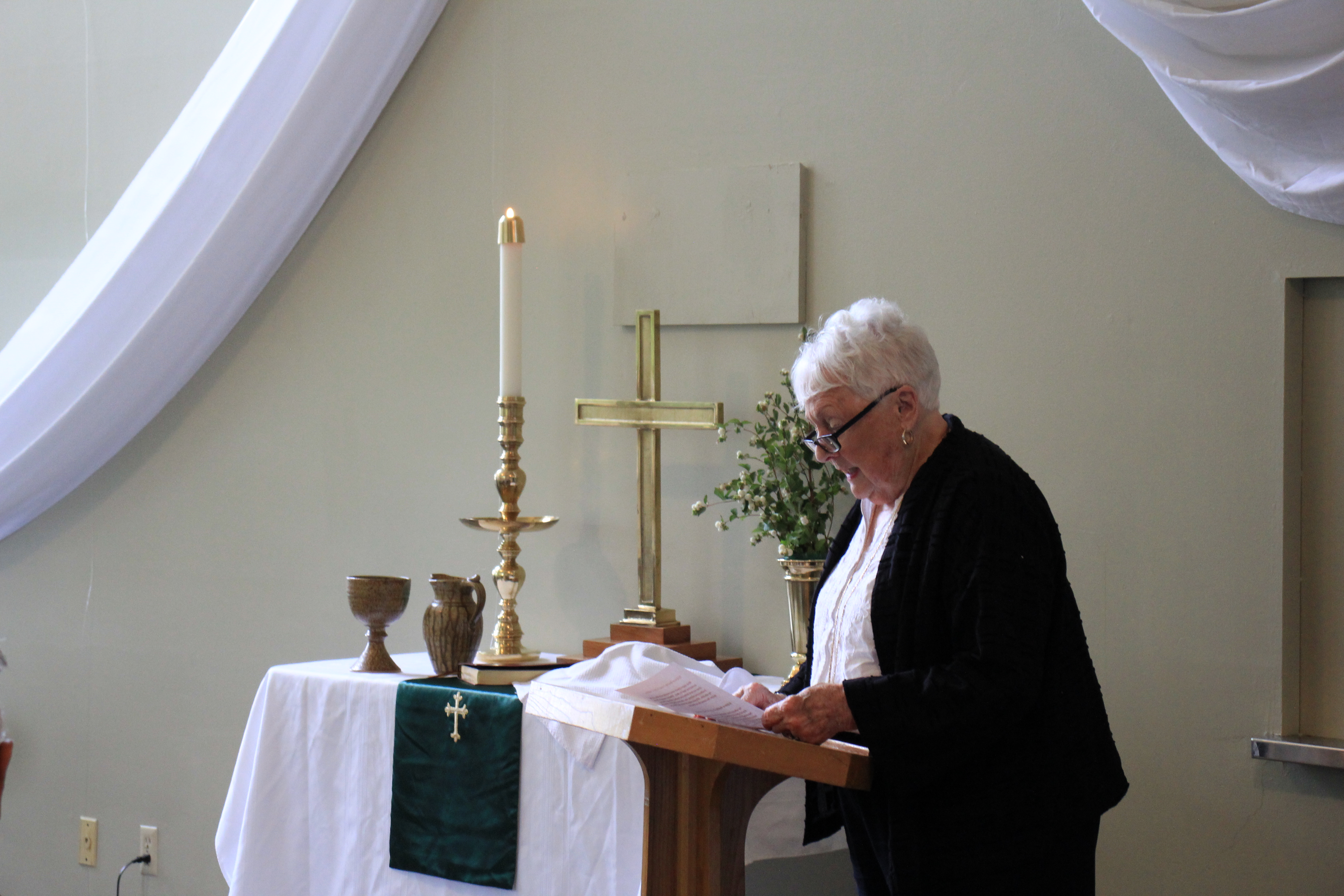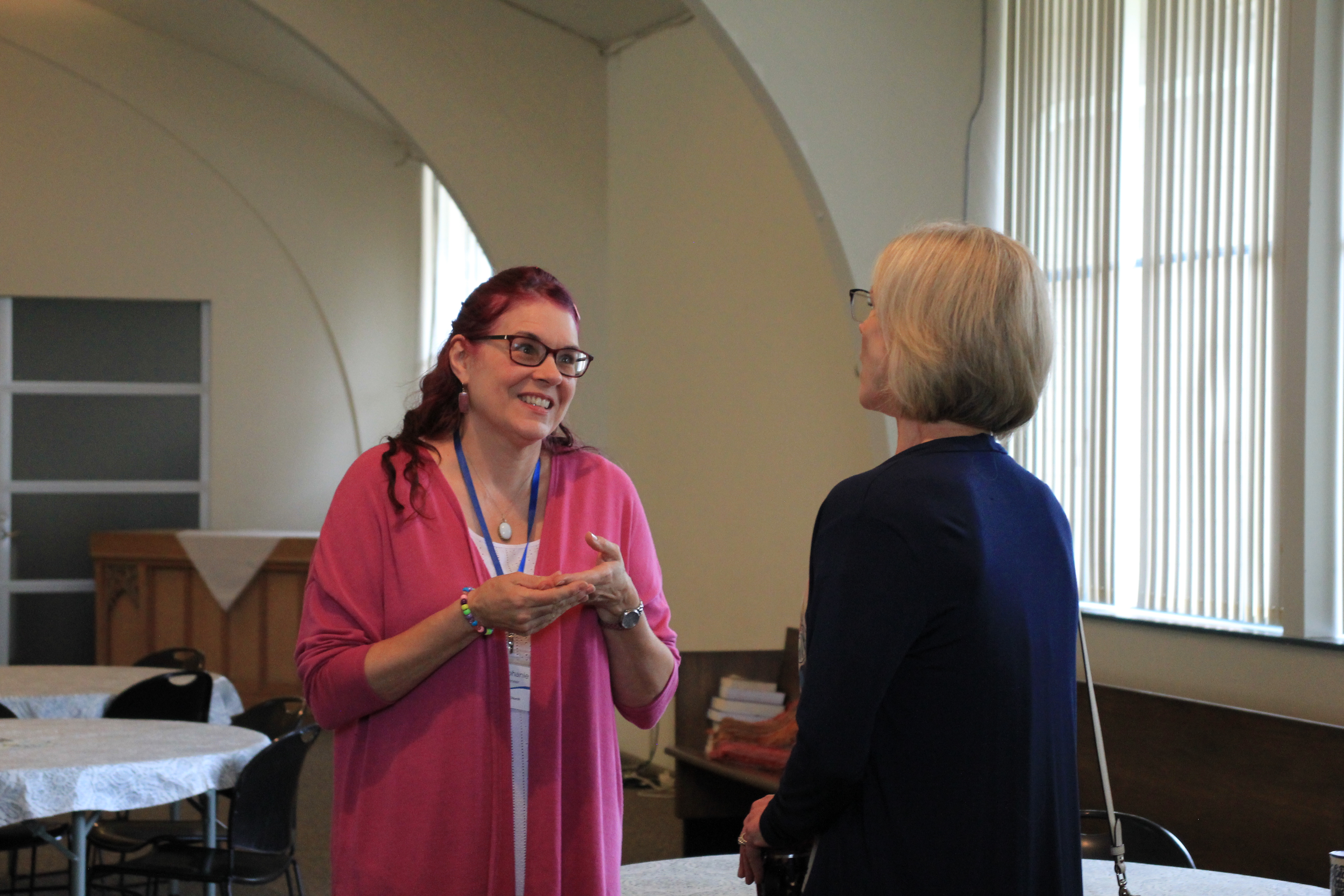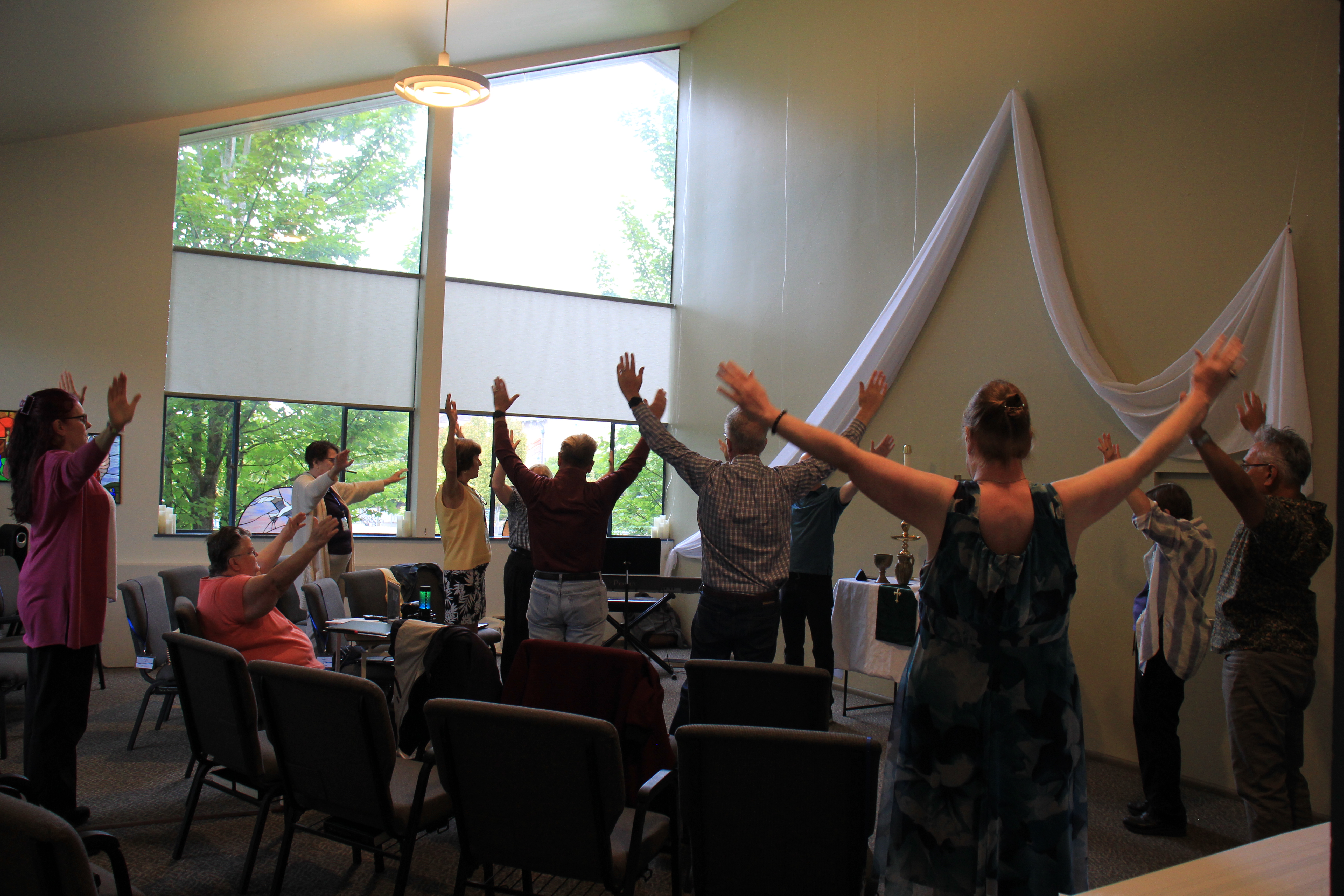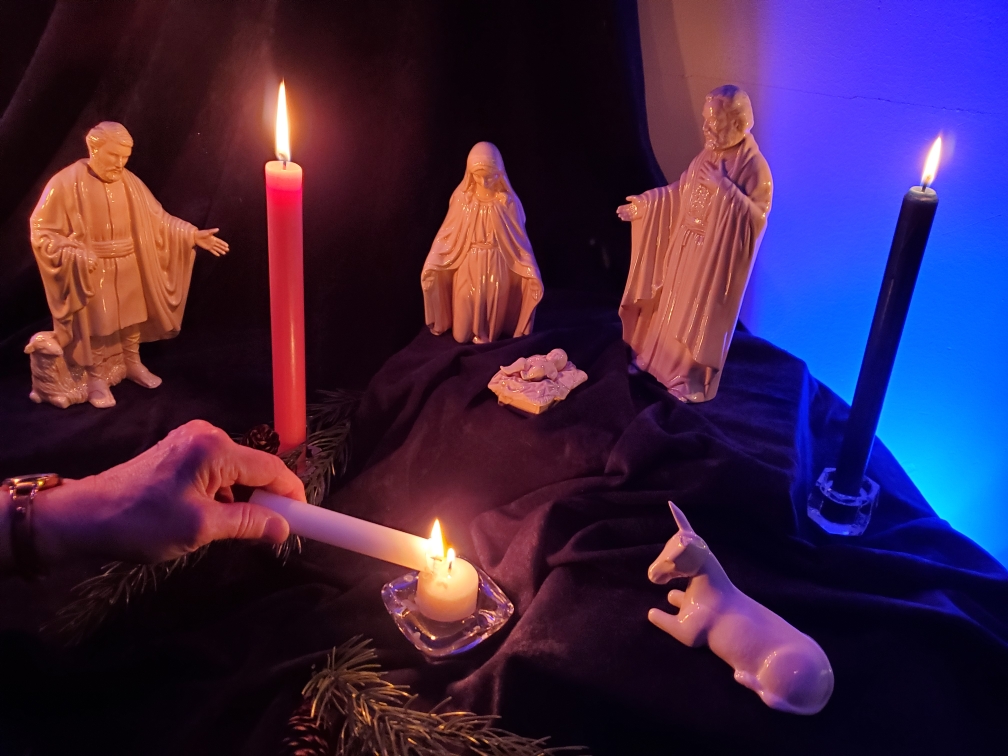Longest Night Service
Sunday 12/21, 5PM
Struggling with grief or anxiety this Christmas season?
Join us in the intimate peace of the "Admiral Chapel" @SJB to be still a moment and light a candle for a loved one or for our world. All are safe and welcome here.
Christmas Eve Service
Wednesday 12/24, 5PM
Joy to the World! Celebrate the birthday of the Prince of Peace! This casual service is designed for all ages and features "O Holy Night" by the Admiral Choir, plenty of group carol singing and a final "Silent Night" on chimes. Join us in the intimate candlelit "Admiral Chapel" @SJB. All are safe and welcome here.
Christianity and the Cross in an Age of Empire
“A Christian is one who is striving for liberation” -James Cone
When James Cone began articulating and evangelizing Black Liberation Theology in the mid 20 th century,
he was doing a radical thing: claiming that Jesus was on the side of the oppressed. This was only radical
because so many Christians had forgotten Jesus’ central message: God was on the side of the oppressed,
the same message of all the prophets of Judaism before Jesus. The story of Judaism is a story of God’s
relentless love in the midst of oppression, as well as God’s condemnation of participation in oppressing
others. As Christianity left Judaism, in many ways it left the Jewish prophetic tradition behind it.
The faith preserved important symbols, however, that are able to resist being coopted. While many
today understand the cross as a symbol of Christian faith and regard the symbol with great meaning and
power, we often miss the political message of the cross as a reminder of Jesus’ seditious movement and
threat to oppressive power structures. The blood of Jesus, shed unjustly by empire, is consumed by the
faithful, uniting our life forces with the life force of compassion in carnet. His blood was not wasted; it
reminds us of His unwavering love in the face of manipulative displays (and acts) of aggression.
In particular, the cross stands for a willingness to look, to see and acknowledge, the death-dealing and
death-wielding forces in our society without flinching. To stand and say, “I see how this works, how it
silences, divides, and terrorizes the people of God.” The cross faces those forces without the security of
a well-justified revenge fantasy or a willingness to do harm. It faces them without fear, grounded in a
deep trust of God’s justice, mercy, and love.
This is what sets Christianity apart from other world religions: our Savior and leader and political
figurehead (Lord) was murdered by Empire (see Sept. Message). Our faith, like faiths around the world,
encourages mindfulness, compassion, generosity, humility, courage, connectedness, detachment from
material measures of success, and relationship with the transcendent. What makes us different is our
commitment to the cross, our commitment to remembering those who suffer (not just ourselves) and
the ways that injustice produces differential experiences of suffering within society. The truth is, some
people are made to suffer. It is by design. It is the way Empire was always intended to work.
Christianity has lost its way. In particular, our faith has lost its willingness to confront Empire. We often
teach a moralized view of the world, seeking to do and be seen as “good” by some invented standard,
thereby viewing ourselves and others as “bad” when we, and they, fall short. All the while, we lose the
freedom we have in Christ; we become hyper-aware of our moral-social standing and inevitably privilege
our own opinions of ourselves (and others) over God’s opinion. We have become uncomfortable with
the idea of “belovedness” as a fundamental, universal attribute of human beings. As our differences
become measures of our relative worthiness, we become “more” and “less” beloved children of God.
The Way of Jesus is, by Ibram X. Kendi’s definition, inherently an antiracist faith. “An antiracist idea is
any idea that suggests the racial groups are equals and in all their apparent differences… antiracist ideas
argue that racist policies are the cause of racial inequalities” (Kendi 2019:20). Therefore, learning about
antiracism IS learning about the Way of Jesus. Resisting racism is, by definition, resisting Empire. So that
is what we are going to do.
In Peace and With Love,
Pastor Andrew

Leave your comments, concerns, or praises below
* indicates a required field

